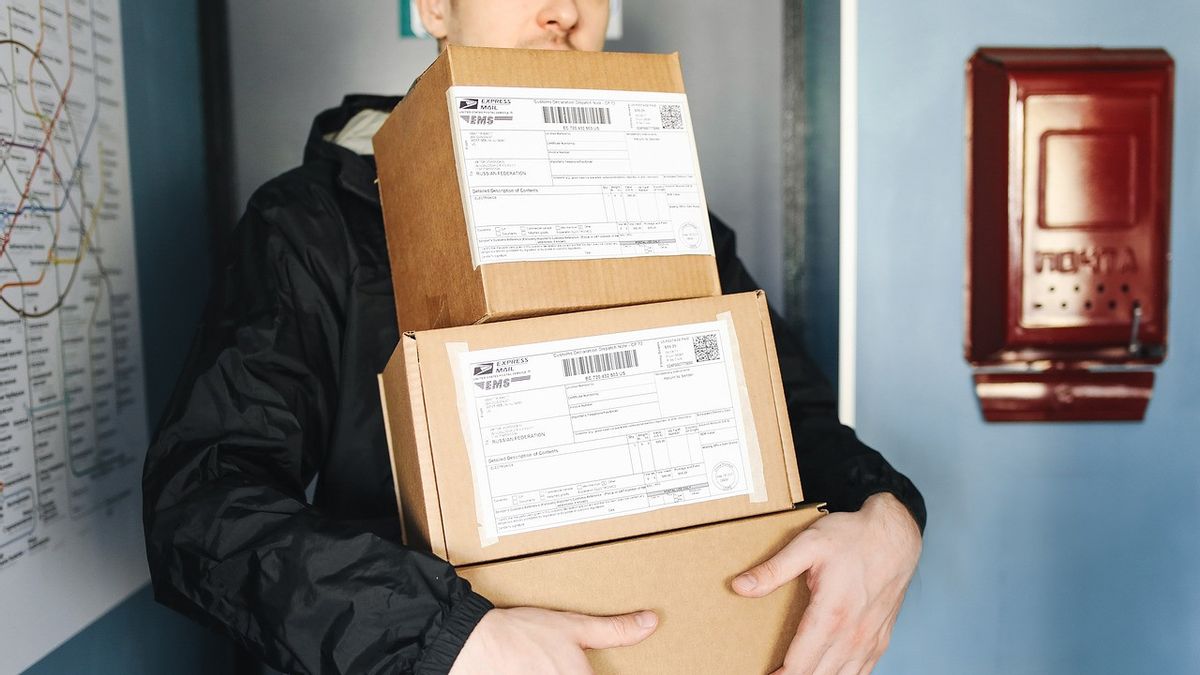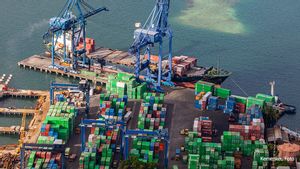YOGYAKARTA The massive development of e-commerce and excess services has actually helped increase cross-border buying and selling transactions. The presence of these two services makes the process of buying and shipping goods from abroad easier and faster. However, it is necessary to understand that there are rules for accepting packages from abroad. What are the provisions? Let's look at the full information below.
For information, goods or packages sent from abroad are categorized as imported goods.
This means that goods sent from abroad will be subject to duties in accordance with applicable regulations.
Provisions regarding import goods tax levies are contained in the Minister of Finance Regulation No. PMK 199/PMK/10/2019 concerning Customs, Excise and Tax Provisions on Submission Imports.
According to the regulation, every shipment from abroad for more than US$3 will be taxed. This policy is implemented to protect domestic production.
Imports worn for imported goods worth 3 dollars to 1,500 dollars, namely 7.5 percent with PPH of 11 percent.
Meanwhile, imported goods whose value is below 3 dollars are not subject to import duties, but there are still 11 percent value added tax (VAT) levies.
It is not enough that imported goods or goods sent from abroad will pass through the customs inspection process which includes research on documents and selective physical examination of goods.
The amount of tax collected from imported goods is distinguished based on the category. The following is a breakdown of the amount of import tax rates according to the category:
Thus it can be concluded that when someone receives online groceries from abroad with a value of goods above 3 dollars, a number of customs costs will be charged.
The customs fee is paid by people and business entities that purchase imported goods. Customs payments for package shipments from abroad can be made through the Indonesian Post Office.
Quoted from the official website of the Bandar Lampung Customs Office, the flow of goods sent from abroad began with buying and selling transactions of cross-border goods.
After buyers from Indonesia complete the payment process, the seller will send goods, either through sea or air transportation modes.
After arriving in Indonesia, imported goods will be brought to the warehouse for inspection by Customs and Excise officers. The process of physical inspection of imported goods will be accompanied by postal officers or couriers.
After the levy obligation is fulfilled by the courier or recipient of the goods, the goods will then be sent to the recipient's address.
The recipient can track the shipment of imported goods with the following steps.
This is information about the rules for receiving packages from abroad. Hopefully this article can add insight to the loyal readers of VOI.ID.
The English, Chinese, Japanese, Arabic, and French versions are automatically generated by the AI. So there may still be inaccuracies in translating, please always see Indonesian as our main language. (system supported by DigitalSiber.id)













